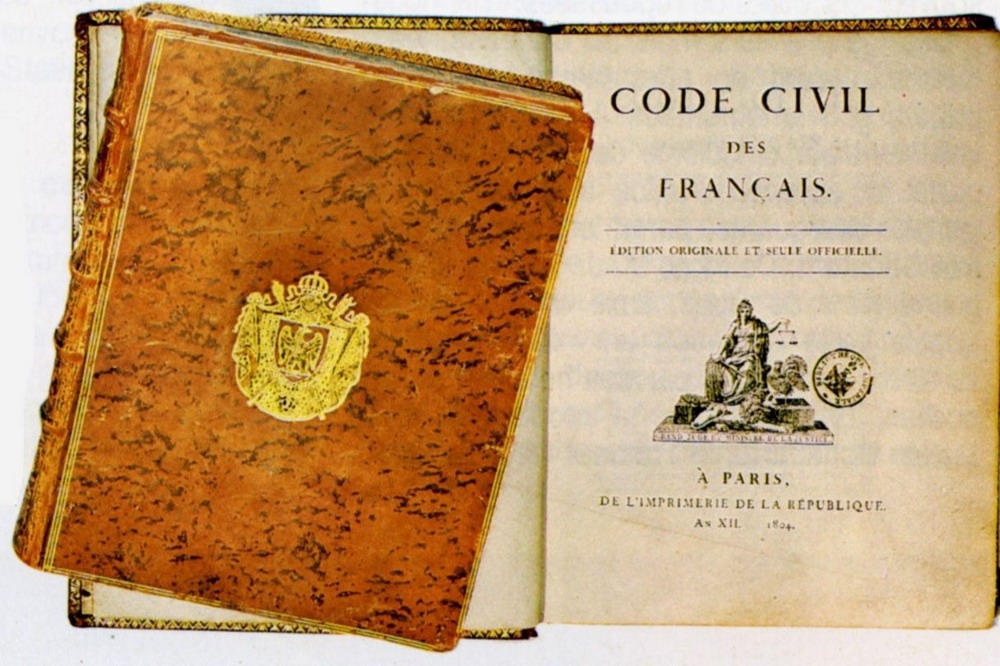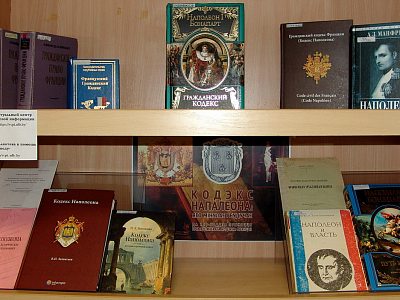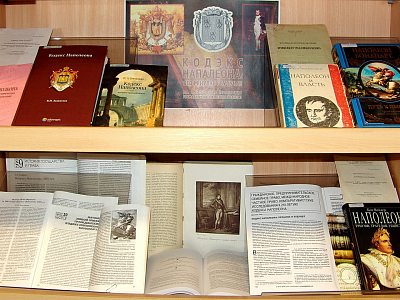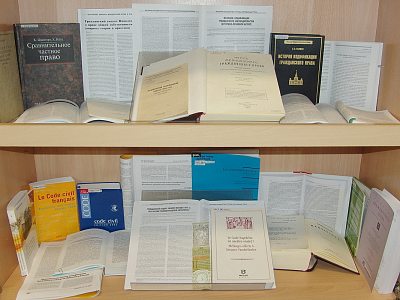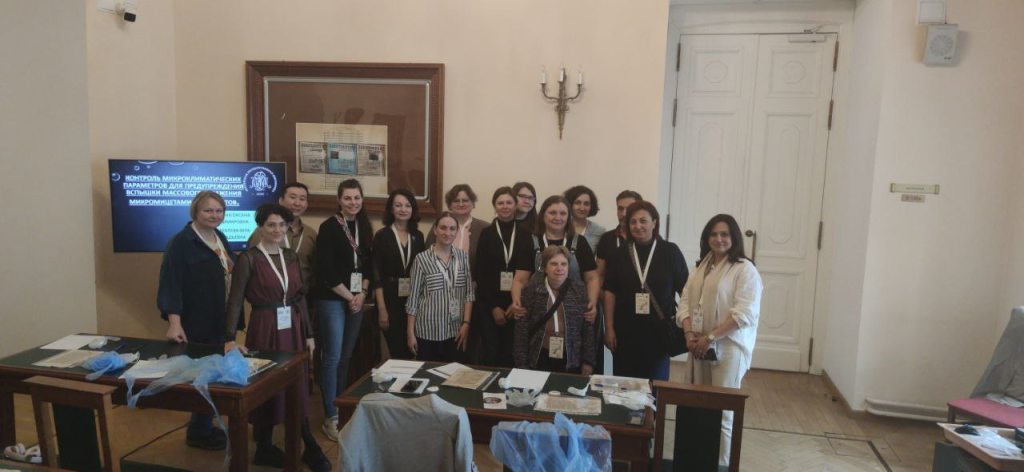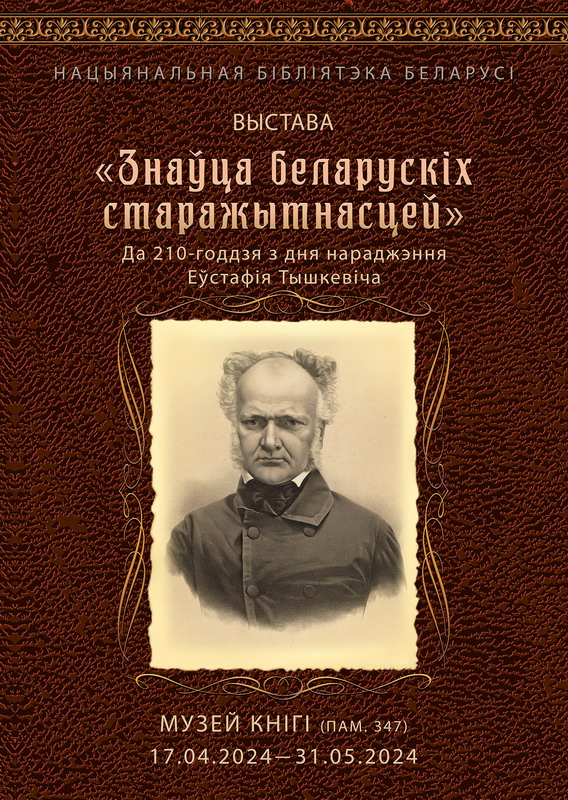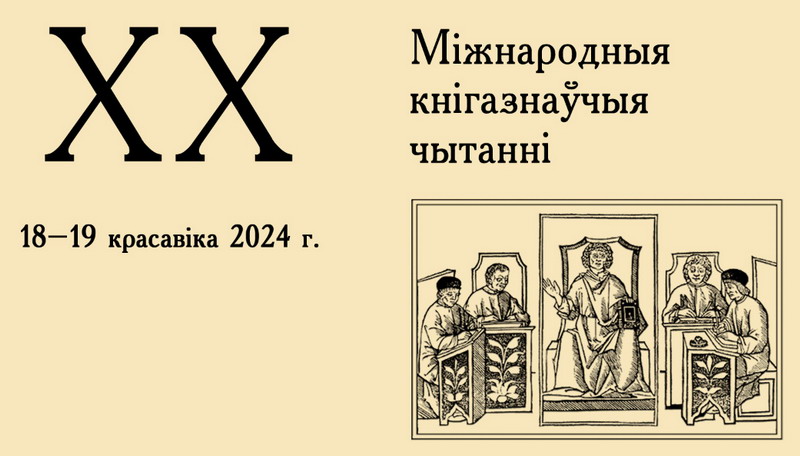From March 26 to May 27, a thematic exhibition entitled “Napoleonic Code: Its Past and Future”, dedicated to the 215th anniversary of the adoption of the French Civil Code is held in the Legal Information reading room (room 207b).
The French civil code came into force in 1804 and is still in force today. It was destined to be spread far beyond the borders of France and to influence the formation of civil law in many countries of the world. The code of laws was developed under the direct supervision of Napoleon I. Before the adoption of the code, France was deprived of a single civil law: Roman law prevailed in the southern regions, customary law in the north. The creation of a single set of civil rights was proclaimed one of the first tasks of the French Revolution. The first consul took an active part in its preparation. The State Council were discussing the draft code during 102 meetings, and at least 57 of them were chaired and actively participated by Napoleon. The draft was prepared in 4 months and sent to the highest courts for review. In 1807, the law code was officially named the Napoleonic Code.
The French civil code opened the era of modern history in the world jurisprudence. He translated into the language of legal relations the ideas of freedom, equality and fraternity. The estates and privileges by birth right were liquidated, equal civil rights for men and women were recognized, protection of all types of property from external invasions was provided, monetary usury was prohibited. The French civil code introduced a number of innovative changes in acts of civil status and labor law. The huge legal act consisted of 2281 articles and was divided into three books.
The Napoleonic Code became a model for legislators in many countries for its high legal benefits. The civil code was enacted in the French colonies. The code was adopted by the states allied to France and related to it (Italy, Belgium, Germany, the Netherlands, etc.). Some states that did not belong to the Romance legal system (Egypt and the Ottoman Empire) also took the French code as a model. In the Russian Empire he acted during a century on the territory of the Kingdom of Poland. The famous reformer M. Speransky borrowed some of his norms in the drafting of the code of 1809.
More than two centuries after the adoption, the Napoleonic Code not only continues to influence the legal systems of states, but also serves as a generator of new political and legal ideas and concepts. He has overstepped the boundaries of law and became the history and culture heritage of global significance.
The exposition includes more than 60 documents: books, brochures, periodicals, and abstracts of dissertations in Russian and French.
The exhibition is intended for researchers, teachers, graduate students and students of law and historical faculties, will also be useful to those who are involved in the field of cultural, economic and scientific cooperation with France.
The exhibition includes the following thematic sections:
- Napoleon in the area of civil law and legislation
- Impact of the Napoleonic Code of 1804 on the development of civil law in European countries
- Main institutions of the French civil code of 1804
- Napoleonic Code in historical and modern aspects
The opening hours of the exhibition corresponds to the library’s opening hours.
Entrance to the exhibition is available by the library ticket or ticket of the library's social and cultural center.
For more info: (+375 17) 293 27 28.

